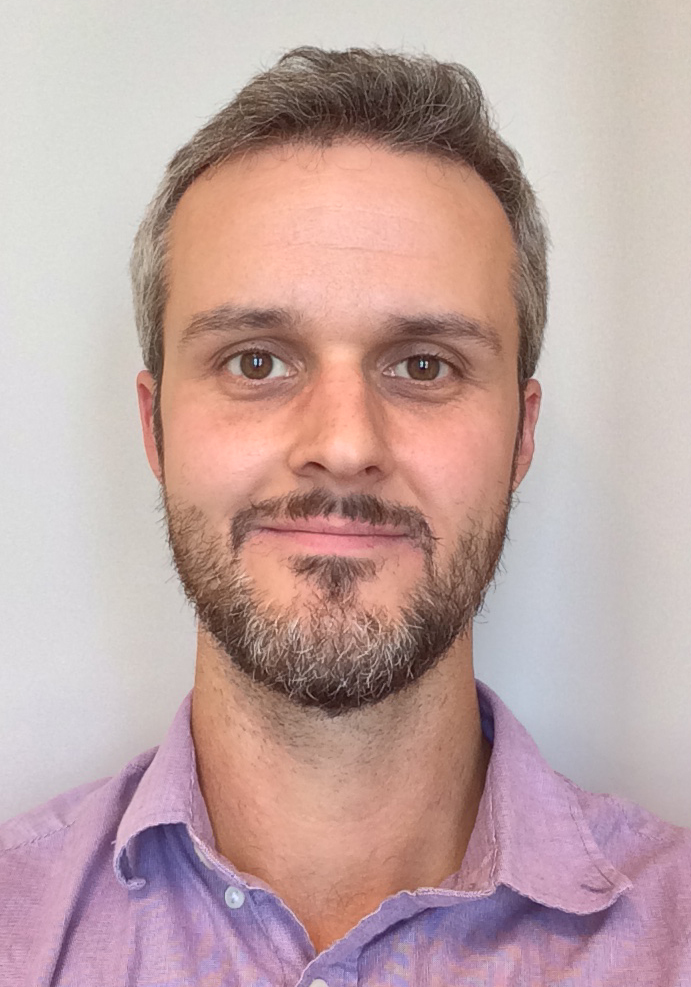New Faculty Profiles showcase GSA members who are establishing their first independent labs. If you’d like to be considered for a profile, please complete this form on the GSA website.

Peter Stirling
Scientist, Terry Fox Laboratories
Assistant Professor
University of British Columbia
Lab website
Research program:
My lab is using functional genomics, molecular biology, and yeast genetics to study fundamental mechanisms of genome maintenance and stability. Failure to maintain genome integrity leads to mutations that can lead to tumour formation. Individuals can therefore be disposed to cancer if they are exposed to carcinogens that overwhelm normal genome maintenance mechanisms or if they harbour germline or somatic variants that create genomic instability. Our work is aimed at determining the causes of genomic instability as an enabling characteristic of tumour formation and exploring the potential of these early events to suggest novel therapeutic targets. Currently we are particularly interested in how transcription can be a potential source of genome instability and characterizing the roles of various RNA processing and DNA repair proteins in dealing with potentially genotoxic DNA:RNA hybrid structures.
Role of GSA in your career:
Joining the GSA has opened my eyes to the scope of the model organism research communities, which are among the most open and collegial communities out there. The GSA has organized some of the most formative research conferences of my career including the Yeast Genetics Meeting and the MOHB meetings. Attending the Yeast Genetics Meeting (2006 and 2010 in particular) absolutely inspired me to learn genetics, and pursue more training with yeast. This commitment to making the most of my model organism played a huge role in my successful transition to a faculty position. I have also initiated collaborations and expanded my network of colleagues at these meetings. Since attending GSA sponsored meetings, I have also published in both GSA journals (GENETICS and G3), and the timely, high quality and collaborative review process at these journals was another boost to my career. The GSA provides an essential organizing activity and focal point for geneticists to meet, publish, and have their voices heard by society and policy makers alike.
“My favorite thing about my work is training graduate students and postdocs. It is so rewarding to help them navigate their research projects and support their growth toward becoming independent scientists. I have always been excited by scientific discovery and sharing that with trainees is extremely fun.” – Peter Stirling on his favorite part of science
Previous training experiences:
- BSc in Biochemistry, University of Victoria, Victoria, BC. 1998-2002
- PhD in Molecular Biology, Simon Fraser University, Burnaby, BC. Supervisor: Michel Leroux. 2002–2007
- Post-doctoral fellow, University of California, Berkeley, CA. Supervisor: David Drubin. 2007–2008
- Post-doctoral fellow, University of British Columbia, Vancouver, BC. Supervisor: Philip Hieter. 2009–2013
Teaching:
I am the course coordinator for and one of four instructors in MEDG421, a 4th year course in the Department of Medical Genetics at UBC dealing with Cancer Cell Biology and Genetics. Following introductory lectures, the course brings in speakers from the local cancer research community giving these upper level students exposure to the research scene in Vancouver.
Interests Outside of Work:
When I am not at work I spend time with my three young children, including 7-month-old identical twins. This time involves a lot of laundry and some crying, but I wouldn’t trade it.












